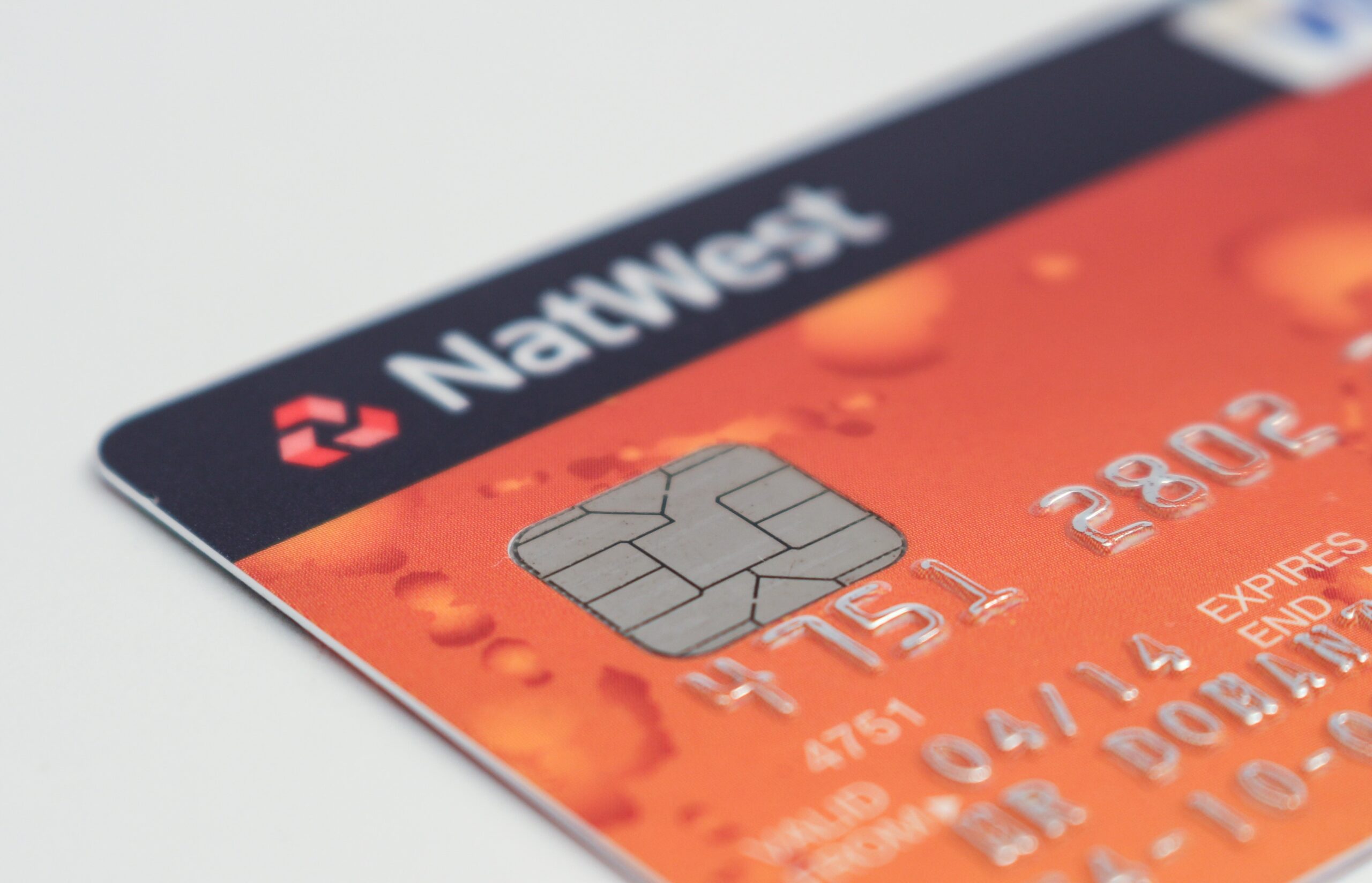Moving out isn’t an easy thing to do; more so if you intend to move to a different country. It isn’t enough to just pack your bags, book a ticket, say sayonara to your friends, and fly off.

There are plenty of things you are required to do to make your transition smooth and seamless. This article will cover all of the most essential things you need to do before saying your last goodbye to Japan so keep on reading!
You’ve been living in Japan for quite a few years now and you have had a blast throughout this time. You’ve met countless people from work or school, traveled across the country, accumulated a dangerous collection of Gachapon, learned the language, and eaten a hundred bowls of Ramen. You feel that it is now time for you to venture out into other places or return to your home country. Here is a list of things you need to do before you leave this beautiful country you’ve made awesome memories in.
1. Give your company at least 2 weeks’ notice (*if you are on a working visa)
Make sure that you inform your workplace regarding your plan to leave Japan at least 2 weeks in advance, although 30 days is the most ideal, as they would need to settle your health insurance, pension, and taxes before leaving the country if you are on Shakai Hoken. If you haven’t already, make sure to pay off the remainder of your residence tax stubs before you leave because if you ever decide to return to Japan in the future, unpaid taxes might cause a lot of problems for you.
Don’t forget to hand in your Health Insurance Card if your company previously issued the card to you and not the public city hall.
2. Start packing, selling, and disposing of your stuff

Make sure to only pack the things you need. You can buy large moving boxes from big home stores like Viva Homes or D2, or better yet, order specific boxes provided by the courier companies and ask for an estimated quote from them before finalizing all the details. Daily essentials like clothing; gadgets and other personal items should be safely kept in your luggage and the rest of the items you consider non-essential should be shipped in the moving boxes to your new address. Packages usually arrive approximately 2-3 months later if it is shipped by sea so don’t be too worried if you haven’t yet received them at your doorstep if it’s only been a month.
If you have large furniture and appliances such as beds, cabinets, AC, refrigerators, washing machines, and bicycles, then you can post them on many sayonara sale websites such as FB marketplace, Craigslist, Mercari, and so on. There is also an active Facebook Group exclusively for selling or giving away unwanted items. It is better to start advertising them months in advance and sell the remaining unsold items to thrift stores like Hard Off or Treasure Factory. Bear in mind, however, that most secondhand shops pay very little in exchange for your stuff.
You can also try junk removal services if you don’t mind paying a little bit more money as these companies’ rates can be a little bit on the pricey side. Click this for more details on proper disposal of bulk garbage.
3. Cancel your lease and ask for your deposit
Let your landlord know about your intent of moving out at least 2 months ahead of time. The real estate company will usually come for a last-minute inspection to check if there are any issues or damages in the property that need to be settled, so just be prepared.
Try to check for any damages and make sure everything is working properly and in good condition. In the event that they find any damages to the property, you might not be able to get your deposit back, or in some cases, you will be charged an additional fee. Also, if you leave in the middle of your lease, you may need to pay a penalty fee, which can be equivalent to a month’s rent, as well as a mandatory cleaning fee (this fee cannot be negotiated even if you believe you have cleaned the apartment/house thoroughly).
4. Close your bank account, cancel your phone contracts or gym memberships

Don’t forget to drop by and transfer your funds to your foreign accounts before closing your Japanese ones. Don’t send all of your money all at once on the day of your flight, but instead, transfer your savings in small chunks every week or month ahead of time to avoid encountering any problems that could make you a suspect of illegal activity.
In addition, cancel your phone contracts or memberships and make sure everything is paid in full so your cards are not actively being deducted despite no longer availing of their services. Some telecommunication companies require you to cancel your contract at the airport before your flight but I do not recommend this as this had caused issues for me in the past. Notify any other offices regarding your departure and sign all the necessary documents beforehand.
5. Notify your nearest ward office or city hall
It is important to let the local city hall that you are registered in so they can stop issuing you your residence taxes, canceling your MY NUMBER card, and more. Failure in doing so will result in being subjected to continuous payments of fees including your pension or health insurance even after you have left the country.
6. Withdraw from the pension program

If you have been paying into the pension system for a minimum of 6 months, you are entitled to get a lump sum of the money you have paid. It will be around 60 percent of the total amount you originally put in and may take from 6 months to 2 years before receiving the refund. You need to apply for this and accomplish all of the paperwork and do the rest of the red tape when you have arrived in your country of origin. The Blue Book you received upon arriving in Japan is your pension book so keep this safely stored along with your passport and other important documents. This website talks about this topic in detail so don’t forget to check it out!
7. Appoint a Tax Representative
The residence tax bills arrive every year from June and July and if you are no longer here to overseer or pay off the taxes yourself, it is imperative to assign someone the role of being your Tax Representative. They will be legally allowed to pay any bills that are in your name on your behalf and settle all of your financial issues. Although there is no law stating this, it is highly preferred to have a Japanese Friend or someone fluent in Japanese become your representative to ensure swift and easier transactions. This guide will explain everything you need to know about filing taxes in Japan.
8. Check your visa status
If your visa is about to expire, don’t hesitate to go to immigration to apply for a Temporary Visa, which allows you to legally be in Japan as you prepare for your departure. DO NOT overstay even for a day after your visa expires as this could cause a lot of problems for you and could ban you from ever returning to Japan for work or tourism. For more information on Japanese visas, click here.
9. Provide a forwarding address

It is vital to have a local address in Japan in case you are anticipating residual letters from your company or any other establishments you were in correspondence with. Simply go to your nearest post office and fill out a tenkyo todoke form. All your documents will be rerouted free of charge to this address for a maximum of 12 months. This address could be that of a friend, but take note to be very careful and concise with the information details you will provide, most especially their names and addresses to minimize the risk of confusion. You can also test this by sending a letter to the aforementioned address and confirming with the recipient whether they have received your mail or not.
10. Hand in your residence card at the airport

When you get to the airport, you are required to fill out an embarkation card which states how long you will be out of the country. If you plan to return within a year, then tick this box and give it to the immigration staff. If you have no plans of returning to Japan, let the immigration officer know and give them your residence card. They will punch a hole into your card which will deem your card invalid.
Phew! So these are the top 10 things you need to tick off your checklist before making the big move. It is advisable to start working on these steps months ahead of time because moving from a different country is not the same as merely relocating to a different state or prefecture so do a lot of research before making any big decisions.
The first quarter of the year starts in April in Japan, so if you are planning to change jobs, move around or leave the country for good, then March would be your best bet albeit, most plane tickets and courier services are significantly more expensive during this time since this is the peak season. Enjoy the remaining of your time here in Japan and who knows, you might be back here before you know it!
Want to know what you need to do before moving back to Japan in the future? Bookmark this next article for your next read!



